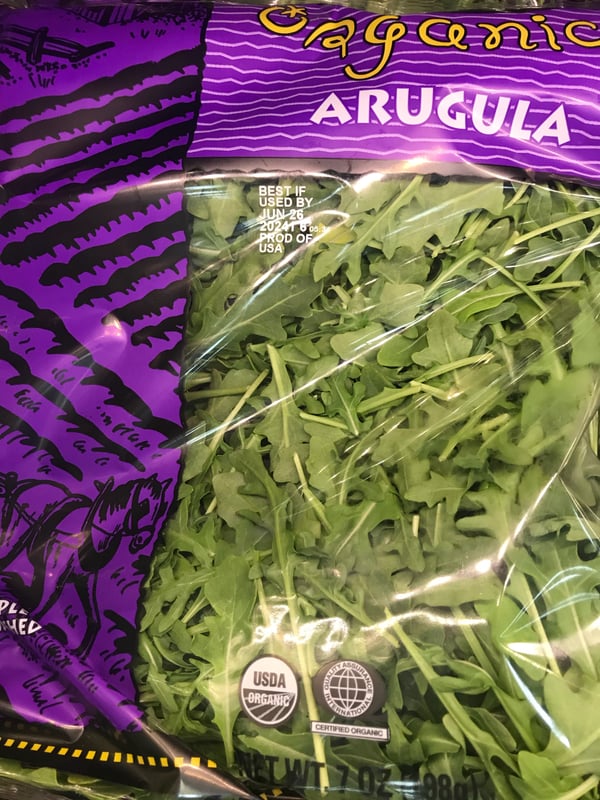We’re proud of how green we are at The Chopping Block! We compost, recycle and reuse whenever possible. As chefs and people that have a respect for ingredients and products, we urge you to use as much of the animal as possible, to compost, and preserve your food. Food waste is a huge problem in the United States, but the impact of not just how much you buy, but what you buy may not be what you expect.
Packaged Greens

It may be convenient to go from bag to bowl, but what you may not be aware of is how many bags of lettuces don’t even make it onto your store shelf. Depending on how long of a journey the bag of lettuce must travel before making it to your store and how fresh it is according to arbitrary sell by dates, the purveyor might decide to toss it before it even has the chance to get sold. Now you’ve got a biodegrateable product, wrapped in plastic, completely wasted.
A better alternative: buy (or make!) your own reusable produce bags, buy lettuces that aren’t wrapped in plastic whenever possible, and eat what you buy!
Tropical Fruits and Coffee
Fair trade means that fair prices are paid to farmers and producers in developing countries.
Before you complain about the price of a cup of coffee, consider how much labor went into that cup of coffee. From the farmers, to fermentation and roasting process, the travel, the barista who served it to you, suddenly the $3 seems like a steal!
You may buy fair trade coffee and chocolate, but what about your bananas and pineapples?
Things like coffee, chocolate, bananas and pineapples are notorious for having less than savory practices for producers. Start checking out your labels to make sure your coffees, teas and tropical fruits are humanly sourced!
Agave, Trendy Foods, and Renewable Resources
Agave is a sweetener that tends to not give you the same spike in sugar levels that other sweeteners can give. However, agave plants take about 6 years to mature and with the spike in popularity, it's hard for farmers to keep up with supply and demand. Agave is also used to make Tequila, which is a slower process to produce. When you add the demand for agave nectar on top of that, it’s hard for the land to catch up and recuperate after harvesting.
By first thinking about what you put in your grocery cart, you can make small changes that could make a big difference in the future of our planet.
